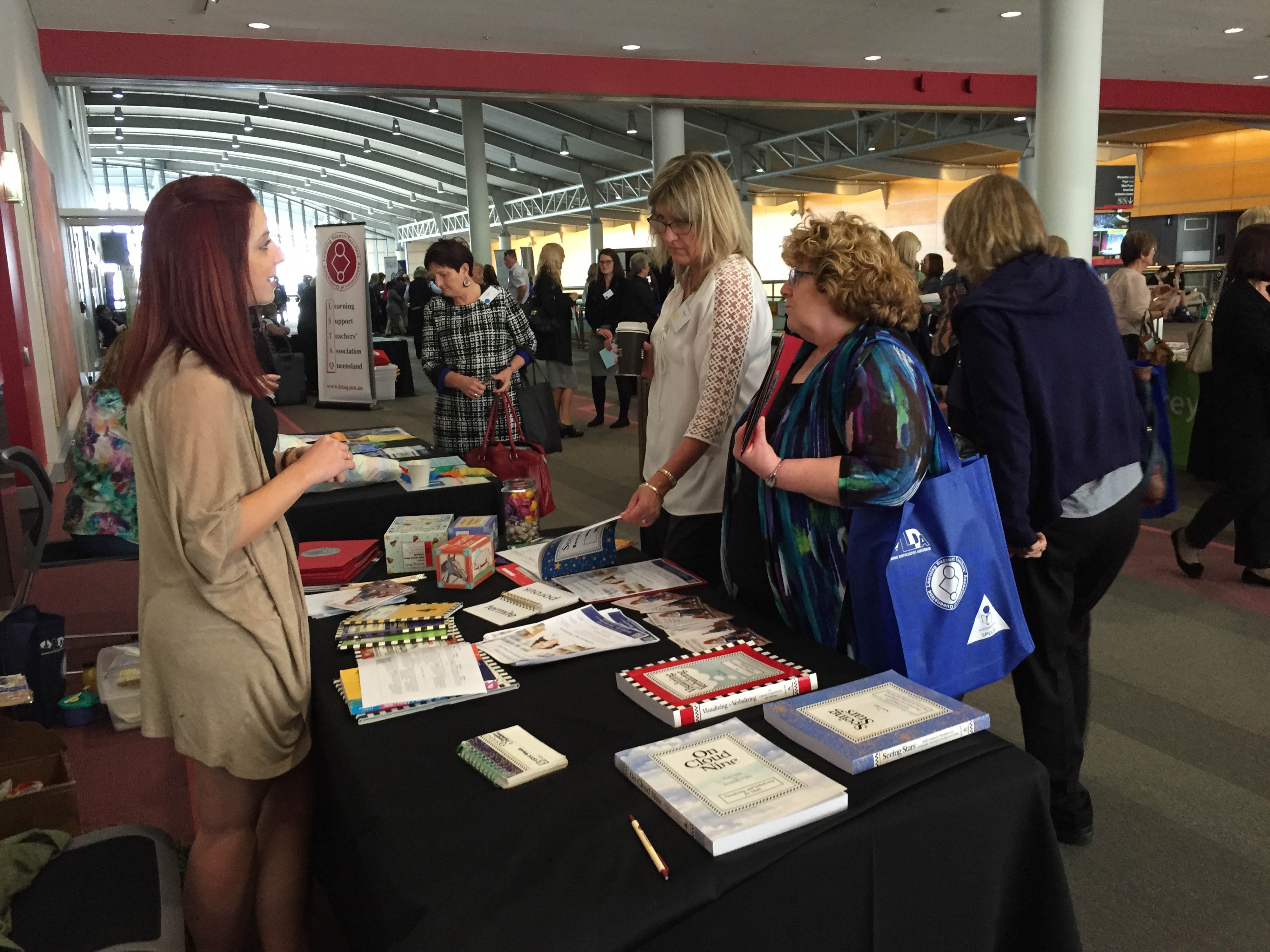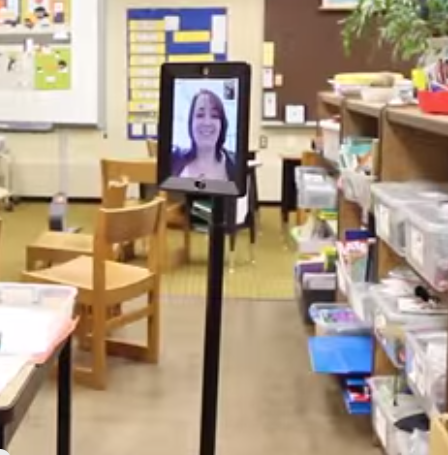During the holiday season, the pace of life often speeds up. We all tend to get busier and more distracted. In addition to our usual adult and parental responsibilities, we have family in town, shopping, parties, school plays, and other added commitments.
For kids, the sensory overload from increased activities and altered schedules often triggers stress and outbursts. For kids with learning challenges, changes to the usual routine can be especially disruptive.
Here are some tips to help you manage the demands of the holiday season for you and your family:
- Stick with your daily routine as much as possible. Schedule blocks of time without commitments. It’s ok to decline a party or activity if you predict that you’ll be rushed or tired at that time.
- Keep nighttime reading on your daily activities to help further their reading and comprehension skills.
- Consider keeping an unstimulating/undecorated space in the house. This could be your child’s room or a corner in the living room with no decorations.
- Sitting quietly combats stress. This is a good place for reading time. Your child can practice reading, or you can read and ask imagery questions.
- Prepare kids prior to outings, visits, church. Talk about what kids will be doing during the upcoming outing, and help them picture what it will be like.
- Ask imagery questions to help them prepare, such as “What do you picture the Smith’s Christmas tree or Hanukkah decorations will look like?”
- Consider packing a notebook or coloring book and crayons so they can entertain themselves when needed.
- Get outside if you can. Physical movement and fresh air help keep us calm.
- Take a walk and notice all the holiday decorations.
- Move around inside if weather prevents you from going outside. Dance, “rough house,” play tag, be silly indoors to expend energy.
- Games are a great way to work on critical thinking skills.
- Cooking together—measuring helps with basic math computation.
- Get enough sleep. Going to bed at the usual time gives parents and kids adequate rest.
- Keeping the usual bedtime routine for kids is calming and reassuring.
- Reading at bedtime helps keep their skills fresh during the school break.
Plus, here are a few more websites for good tips about handling holiday stress:
http://www.cdc.gov/family/holiday/
http://childparenting.about.com/od/healthsafety/a/holidaystresskids.htm
http://www.ahaparenting.com/parenting-tools/traditions/Holiday-Survival-Guide








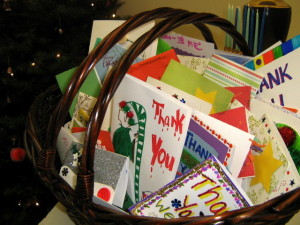 participation, we received a touching response from a headmaster and former colonel in the military. We want to share his letter, as it gives great imagery and is an encouraging reminder of why we hold this annual event.
participation, we received a touching response from a headmaster and former colonel in the military. We want to share his letter, as it gives great imagery and is an encouraging reminder of why we hold this annual event.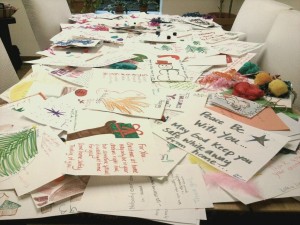

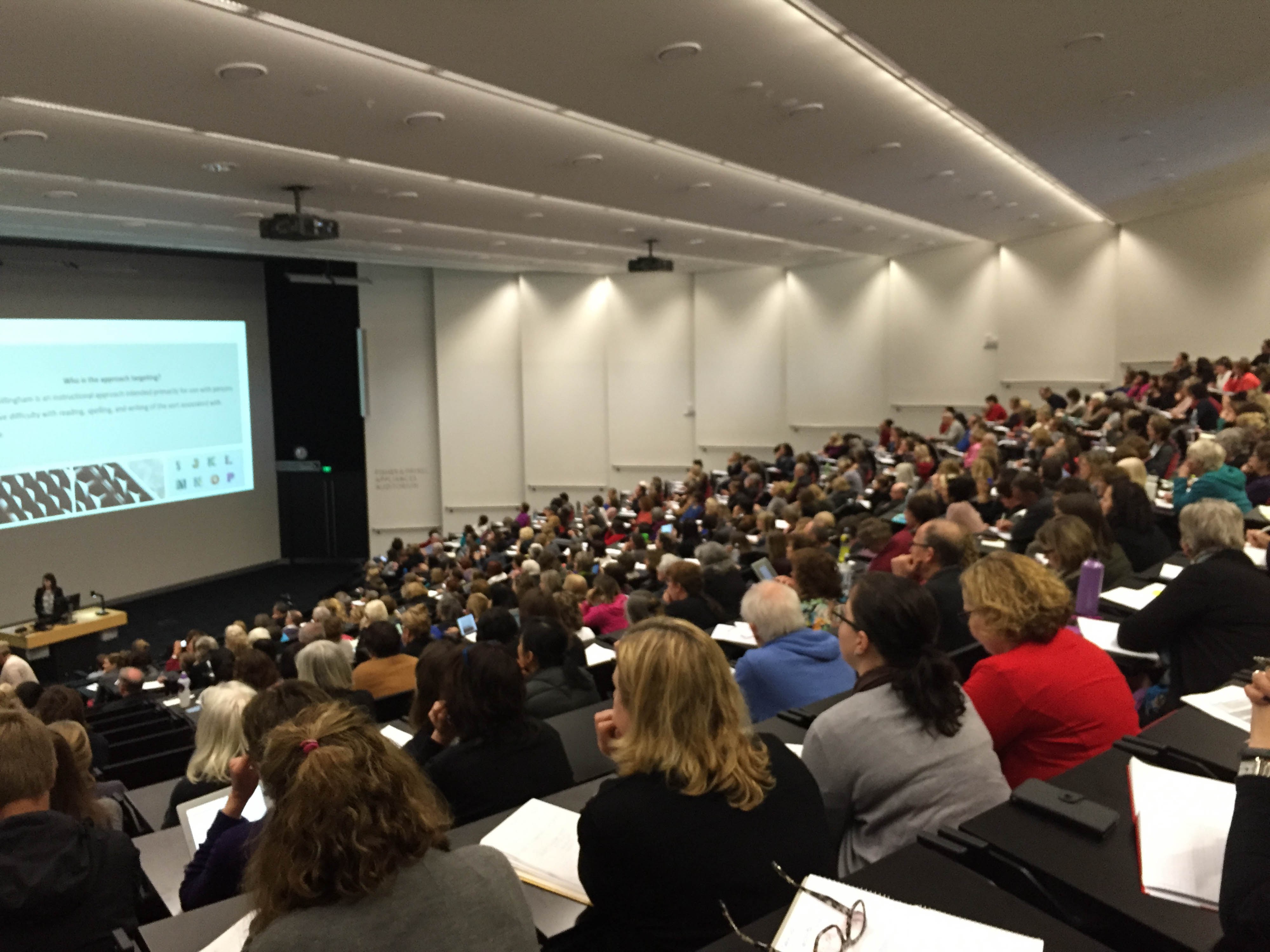 in the Land Down Under!
in the Land Down Under! 